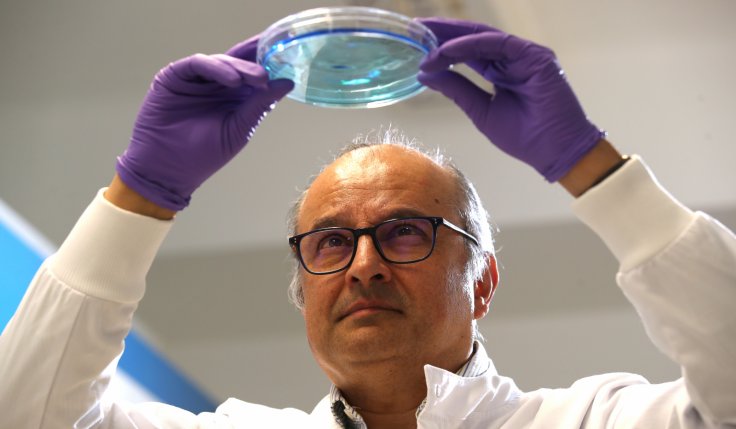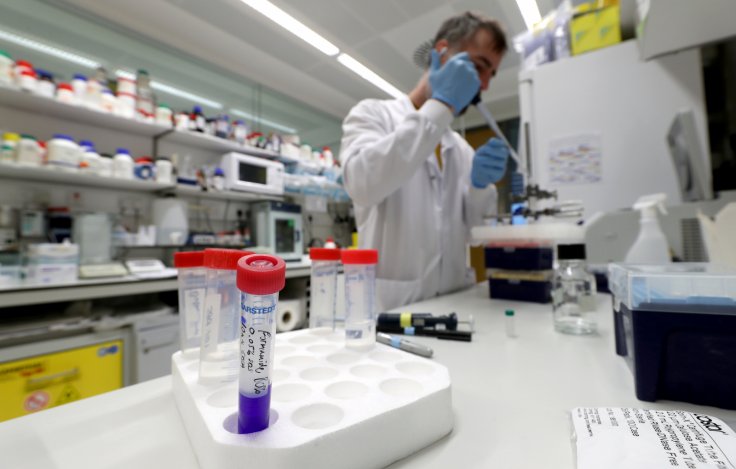
A recent study has revealed that alcohol, other than damaging your kidneys and affecting your central nervous system, also produces a harmful chemical in your body, which can lead you to a genetic damage of the DNA of stem cells and increase the risk of developing several types of cancer.
The study, carried out by Cambridge University, published in the journal Nature, lists seven types of cancer cells, including breast and bowel cancer, which are prone to get affected.
"How exactly alcohol causes damage to us is controversial," said Ketan Patel, who led the study and also a professor from the Medical Research Council Laboratory of Molecular Biology.
"This paper provides very strong evidence that an alcohol metabolite causes DNA damage [including] to the all-important stem cells that go on to make tissues," he further noted.
The International Agency for Research on Cancer (IARC), World Health Organization's specialized cancer agency, after going through several convincing reasearch outcomes, addressed alcohol as a Group 1 carcinogen and said that it contributes in triggering cancer in human body.
In the recent study, Patil and the research team gave alcohol to mice and analyzed them to understand the effect on the animals' DNA.

They found that the chemical compound acetaldehyde has the potential to slice through DNA and cause permanent damage to blood stem cells. Patel revealed the damaged cells could trigger the rise of cancerous cells.
When alcohol tries to damage the body, there is a self-defending group of enzymes, aldehyde dehydrogenases or ALDHs, which breaks the acetaldehyde and turn it into a source of energy, explained the Cambridge scientist.
The research team further stated that there are millions of people who carry such faulty versions or lack the enzyme altogether, especially in the Southeast Asia region.
Echoing similar views, Magdalena Zernicka-Goetz from the University of Cambridge said, "This is beautiful work, which puts our finger on the molecular basis for the link between alcohol and increased cancer risk and stem cells. Very important."









